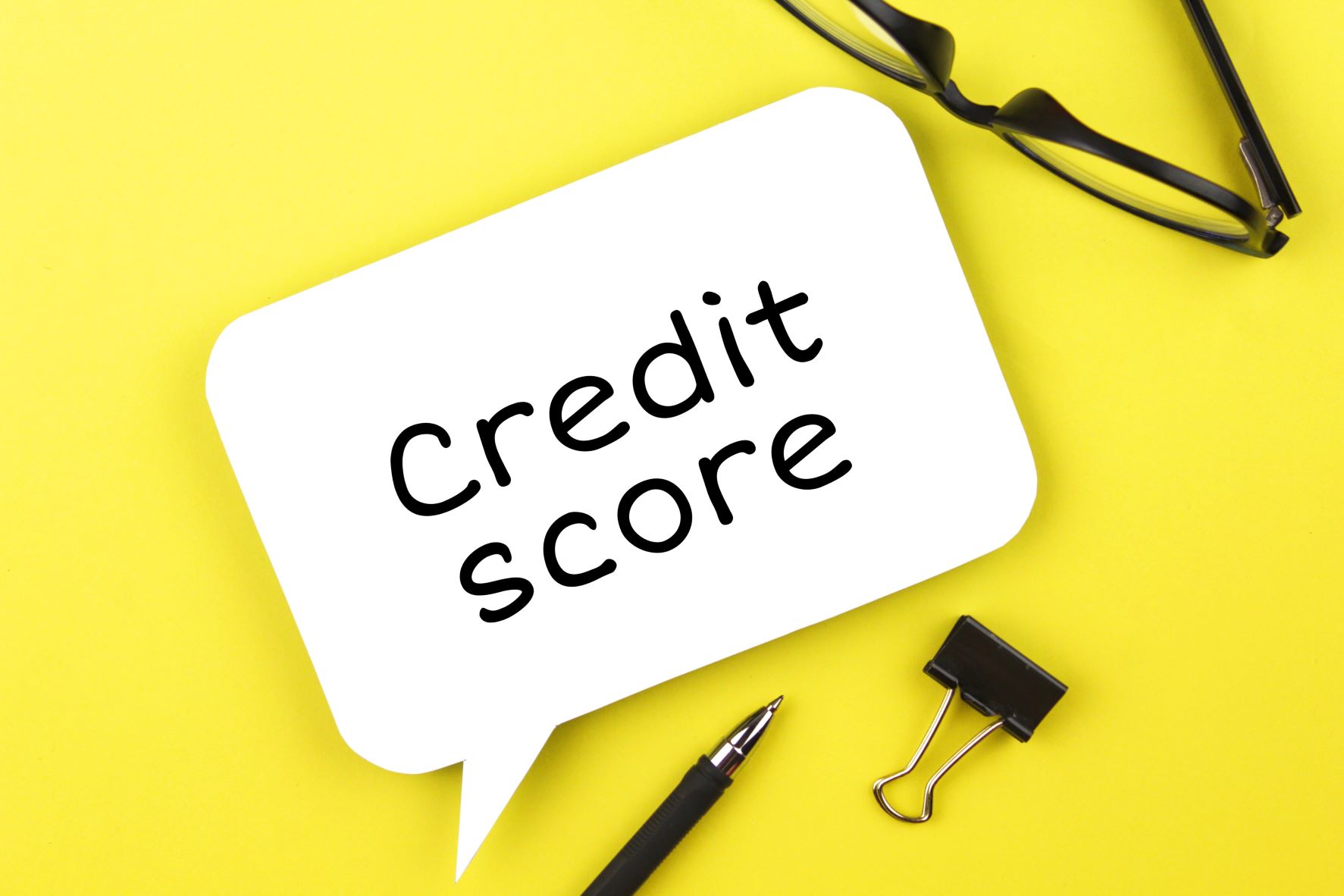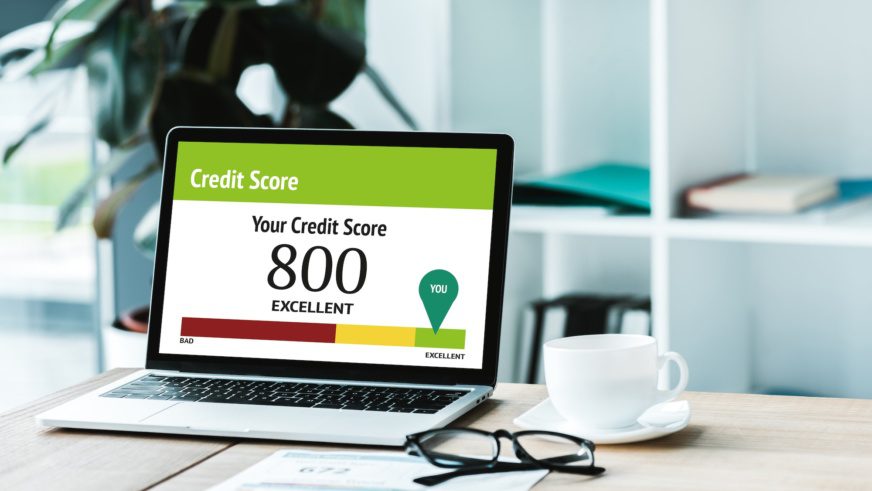
Your credit score is one of the most important pieces of financial information about you. It is a number that lenders use to determine your creditworthiness and it can have a major impact on your ability to get a loan, rent an apartment, or even get a job. There are a lot of myths and misconceptions about credit scores out there, so in this blog post, we’re going to set the record straight. We’ll cover everything from what a credit score is and how it’s calculated, to the different types of credit scores and what you can do to improve yours. So whether you’re looking to get a handle on your financial future or just want to know more about how credit scores work, read on for everything you need to know about credit scores.
What is a credit score?
A credit score is a number that financial institutions use to assess an individual’s creditworthiness. This number is based on information in an individual’s credit report, and it helps lenders determine whether or not to approve a loan or extend credit. Credit scores range from 300 to 850, and the higher the score, the more likely it is that an individual will be approved for a loan with favorable terms.
What are the different types of credit scores?
Credit scores are used to determine a person’s creditworthiness. There are different types of credit scores, but the most common are FICO scores and Experian scores. FICO scores range from 300 to 850, with the average score being around 700. Experian scores range from 660 to 780.
What factors affect your credit score?
One of the most important things to know about your credit score is what factors affect it. Understanding these factors can help you keep your score high and improve your chances of getting approved for loans and other forms of credit.
There are many different factors that can affect your credit score, but some of the most important ones include your payment history, credit utilization, and length of credit history.
Your payment history is one of the most important factors in your credit score. It account for 35% of your score and is a good indicator of your ability to repay debts. Lenders will look at your payment history to determine whether or not you are a good risk. If you have a history of making late payments or defaulting on loans, your score will suffer.
Credit utilization is another important factor in your credit score. This is the amount of credit you are using compared to the amount of credit you have available. It should be below 30% to maintain a good score. If it is too high, it can signal to lenders that you are overextended and may have trouble making payments.
Length of credit history is also a important factor in your credit score. A long credit history shows lenders that you have a history
How can you improve your credit score?
There are a number of things you can do to improve your credit score. Some are simple and straightforward, while others may require a bit more effort. But all of them are worth considering if you want to improve your credit score.
One of the easiest things you can do is to make sure you pay your bills on time. This includes both credit card bills and other debts you may have. Doing this will show creditors that you’re responsible with your money and that you’re likely to repay any debts you incur.
You can also try to reduce the amount of debt you owe. This can be done by paying down your credit card balances and other loans you have. Reducing your debt will help to improve your credit score, as it will lower your debt-to-credit ratio.
If you have a lot of debt, you may want to consider a debt consolidation loan. This can help you to pay off your debts in one lump sum, which can make it easier to manage your payments and improve your credit score.
You can also try to get a copy of your credit report and check it for errors. If you find any, you can dispute them with the credit bureau and have them removed.
What are the different ways to get your credit score?
There are a few different ways that you can get your credit score. You can either get it from a credit reporting agency, or you can get it from a lender. There are also a few other ways to get your credit score, but these are the two most common methods.
If you get your credit score from a credit reporting agency, they will usually give you a report that includes your credit score. This report will also include other information about your credit history, such as your payment history, credit utilization, and other factors.
If you get your credit score from a lender, they will usually just give you your credit score. They will not usually give you a report, but they may give you some other information about your credit history.
There are a few other ways to get your credit score, but these are the two most common methods. If you have any other questions about credit scores, feel free to ask!
What’s the best credit score?
No matter what your score is, there are always ways to improve it. Credit scores are important because they show lenders how risky you are as a borrower. The higher your score, the more likely you are to get approved for a loan with a lower interest rate. A good credit score can also help you get a better car insurance rate.
There are lots of different credit scoring models out there, but the most common one is the FICO score. This is the score that most lenders use when they’re making a decision about whether or not to give you a loan.
The best credit score is the one that gets you the best terms on your loans. If you’re looking to improve your score, there are a few things you can do. You can make sure you pay all your bills on time, keep your credit card balances low, and avoid opening new credit cards. You can also sign up for a credit monitoring service like Credit Karma to keep an eye on your score and get tips on how to improve it.
What’s a good credit score?
This is a question that we get asked a lot and it’s not always an easy one to answer. Credit scores can range from 300 to 850, and the definition of “good” can vary depending on your lender, your borrowing history, and your financial goals.
Generally speaking, a score of 700 or above is considered good. This means that you’re likely to be approved for loans and credit cards with favorable terms. If your score is below 700, you may still be able to get credit, but you may have to pay higher interest rates.
There are a few things you can do to improve your credit score, such as paying your bills on time, keeping your credit utilization low, and maintaining a diverse mix of credit accounts. By following these tips, you can help increase your credit score over time.
What’s a bad credit score?
A bad credit score is a number that indicates how likely you are to default on a loan. The lower your score, the greater the risk you pose to lenders. A score of 650 or above is considered good, while a score below that is considered bad. Scores are based on your credit history, which is a record of your borrowing and repayment activity.
What are the consequences of having a bad credit score?
There are a number of consequences that come along with having a bad credit score. Perhaps the most obvious is that it will be more difficult to obtain loans and other forms of credit. This is because lenders view those with bad credit scores as being higher-risk borrowers. As a result, you may be required to pay higher interest rates and fees.
In addition, a bad credit score can also make it more difficult to rent an apartment, get a job, or even obtain insurance. This is because many landlords, employers, and insurers now routinely check credit scores as part of their screening process. So if your score is low, you may be automatically disqualified from consideration.
Overall, having a bad credit score can make it harder to live the life you want. It can limit your financial options and make it difficult to pursue important goals. That’s why it’s so important to take steps to improve your score if it’s not where you want it to be.
How often do credit scores change?
One of the most common questions we get here at Credit Scores is “how often do credit scores change?” The answer, unfortunately, is not a simple one. Credit scores can change any time new information is added to your credit report, whether that’s from you taking out a new loan or credit card, or from a lender updating their records.
That said, there are a few things that will generally cause your score to go up or down. Here’s a quick rundown:
– A missed payment will usually cause your score to go down.
– A payments that is made on time will usually cause your score to go up.
– Taking on new debt will usually cause your score to go down.
– Reducing your debt will usually cause your score to go up.
– Opening a new credit account will usually cause your score to go down.
– Closing an old credit account will usually cause your score to go down.
As you can see, there are a lot of factors that can affect your credit score. And since your credit score is constantly changing, it’s important to keep an eye on it and make sure you’re doing everything you can to keep it high. You can check your
What are some common misconceptions about credit scores?
There are a lot of misconceptions about credit scores out there. Here are some of the most common ones:
1. Your credit score is a number that represents your creditworthiness.
Wrong! Your credit score is actually a mathematical formula that uses information from your credit report to give you a snapshot of your credit risk.
2. You need to have a perfect credit score to get approved for loans or credit cards.
Not necessarily. While a high credit score can certainly help your chances of getting approved, there are other factors that lenders will consider as well.
3. You need to carry a balance on your credit cards to improve your credit score.
No way! In fact, carrying a balance on your credit cards can actually hurt your score. The best way to improve your score is to use your credit cards responsibly and pay off your balances in full each month.
4. Checking your credit score will lower it.
Nope! Checking your own credit score is considered a “soft inquiry” and won’t have any impact on your score.
5. Closing unused credit cards will improve your credit score.
Again, no. Closing unused credit cards will not improve your credit score.
Wrapping Up
Now that you know all about credit scores, you’re ready to take charge of your financial future. Be sure to keep an eye on your credit report and score so you can identify any potential problems early on. With a little effort, you can have a great credit score that will save you money and help you reach your financial goals.




